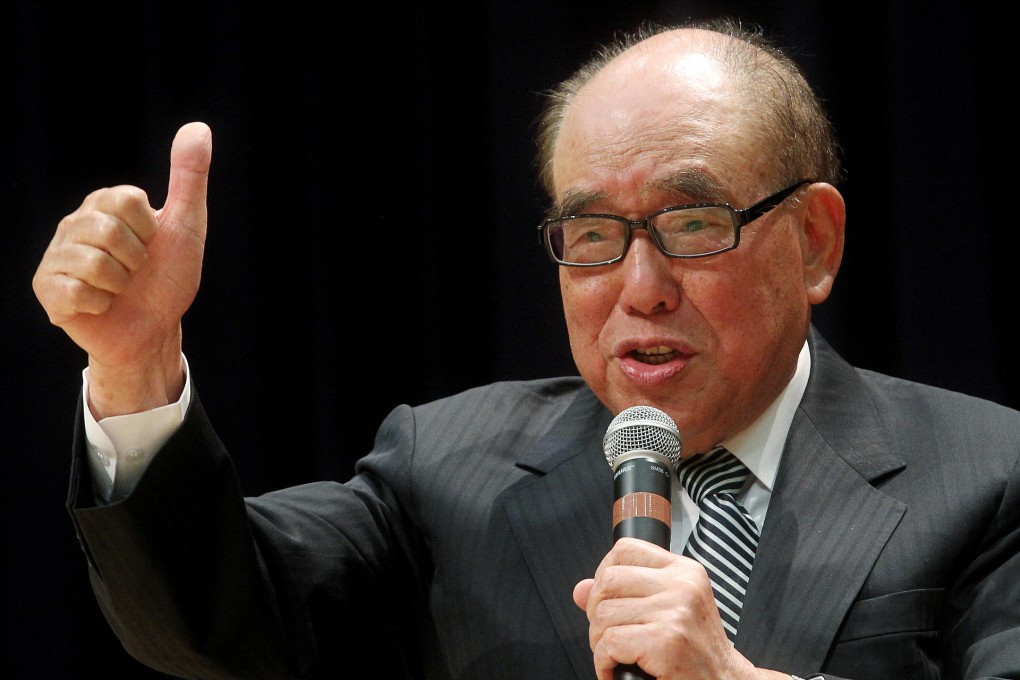Call for Beijing to work with Taiwan to reunify in 'Chinese-style' democracy
Former Taiwanese premier Hau Pei-tsun told a lecture at City University in Hong Kong that the two steps were necessary to achieve "the Chinese dream", a phrase President Xi Jinping has used frequently to describe his vision for the country.

Former Taiwanese premier Hau Pei-tsun called on Beijing to abandon any threat of force against Taiwan and work with Taipei to reunify the two sides under a new "Chinese-style" democracy.
Hau told a lecture at City University in Hong Kong that the two steps were necessary to achieve "the Chinese dream", a phrase President Xi Jinping has used frequently to describe his vision for the country.
"The premise for democracy should be to stop the fighting between Chinese people and to end the era of political power that grows out of the barrel of a gun, which are key elements to realising 'the China dream'," Hau, 95, said during the Friday lecture.
The Kuomintang elder said Beijing could learn from Taiwan's experiences in implementing democracy since Kuomintang leader Chiang Kai-shek died in 1975.
He noted Lee Teng-hui's peaceful succession to president following Chiang's son, Chiang Ching-kuo, in 1988.
"Taiwan started democratic reform to end one-party rule and lifted a press ban when the domestic economy was taking off in the 1980s," said Hau, suggesting that mainlanders would desire similar political reforms as their living standard improves.